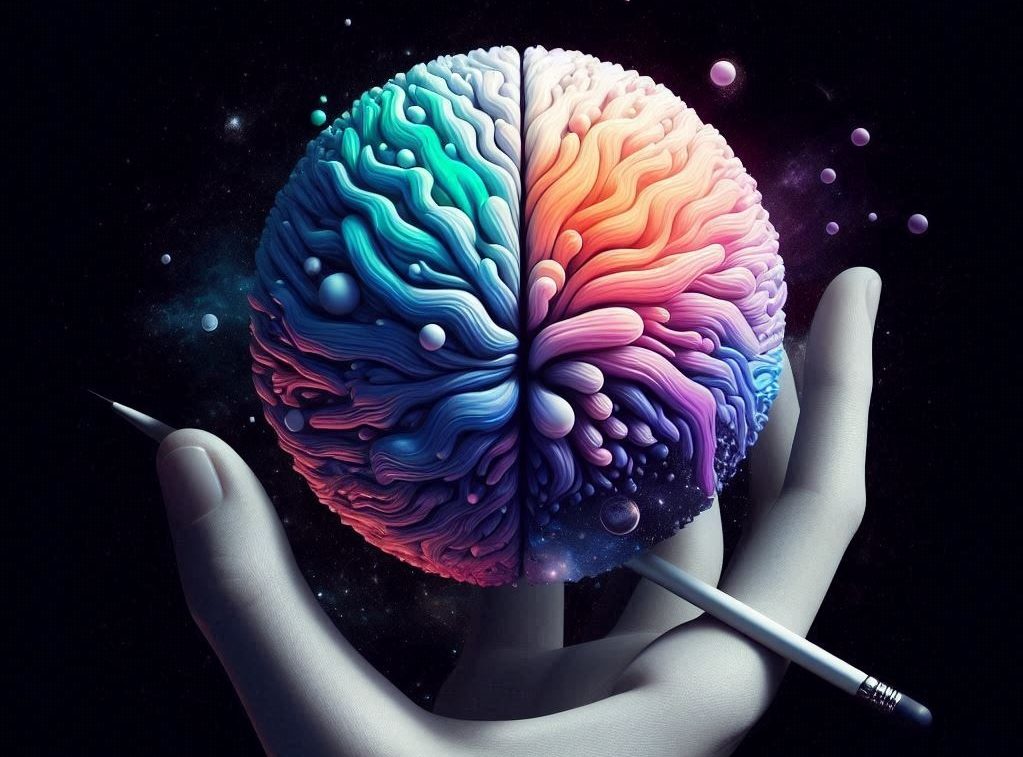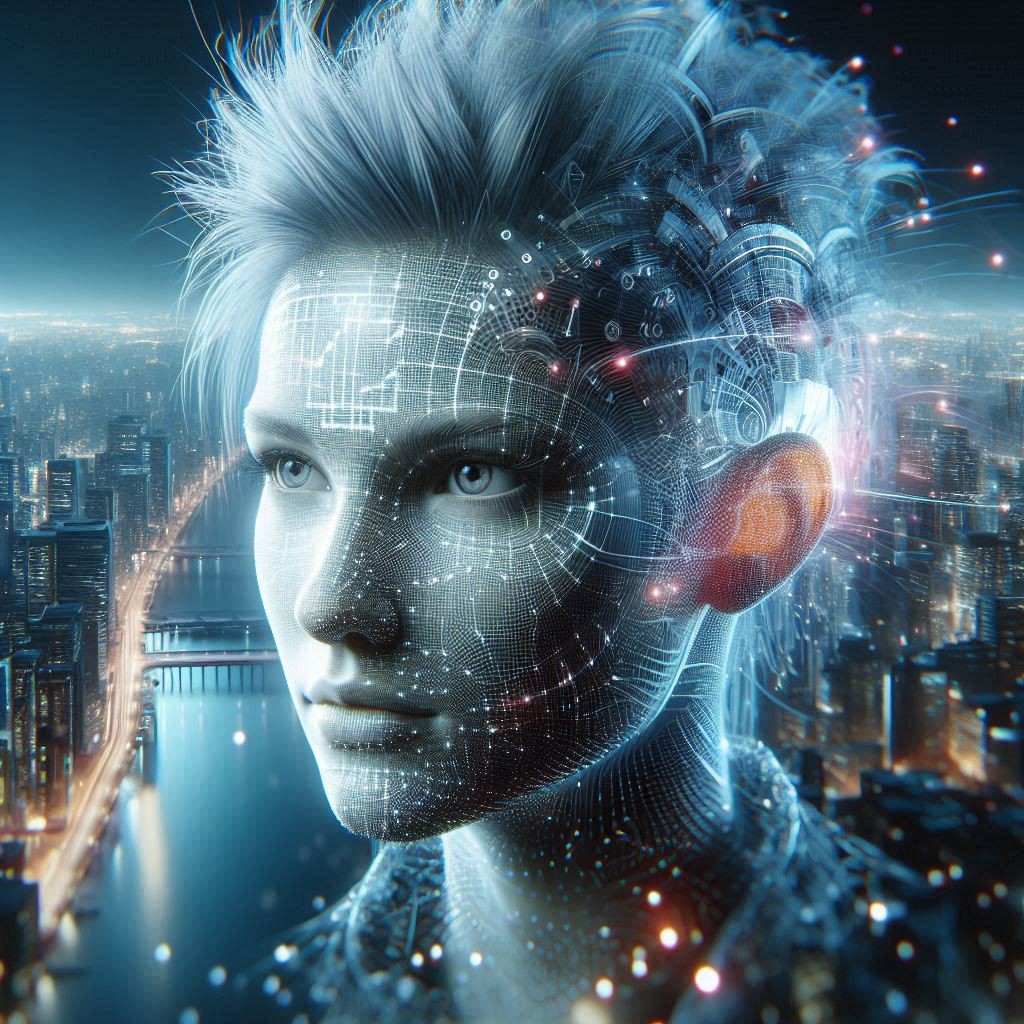How AI Is Changing The Face Of Digital Marketing
In the rapidly evolving landscape of digital marketing, artificial intelligence (AI) has emerged as a transformative force, revolutionizing how businesses connect with their audiences, analyze data, and develop marketing strategies. As technology continues to advance, AI is becoming an indispensable tool for marketers seeking to gain a competitive edge in an increasingly complex digital ecosystem.
The AI Revolution in Marketing Intelligence
Artificial intelligence is fundamentally reshaping how marketers understand and engage with consumers. Traditional marketing approaches relied heavily on manual data analysis and generalized targeting, but AI has introduced unprecedented levels of precision and personalization. Machine learning algorithms can now process massive amounts of data in seconds, providing insights that would take human analysts weeks or even months to uncover.
“AI is not just a technological advancement; it’s a paradigm shift in how we understand and interact with consumer behavior,” says Dr. Elena Rodriguez, a leading digital marketing researcher.
Personalization at Scale
One of the most significant impacts of AI in digital marketing is its ability to create hyper-personalized experiences. Advanced AI algorithms can analyze individual user behaviors, preferences, and interactions across multiple platforms to generate highly targeted content and recommendations. This level of personalization was previously impossible, allowing brands to speak directly to individual consumers in ways that feel authentic and meaningful.
Companies like Netflix and Amazon have already demonstrated the power of AI-driven personalization, creating recommendation systems that feel almost intuitive. These platforms use complex machine learning models that continuously learn and adapt based on user interactions, creating increasingly accurate predictions about consumer preferences.
Predictive Analytics and Consumer Insights
AI-powered predictive analytics have transformed how businesses understand and anticipate consumer needs. By analyzing historical data, current trends, and complex behavioral patterns, AI can forecast future market trends with remarkable accuracy. This capability allows marketers to:
1. Develop more effective marketing strategies
2. Optimize advertising spend
3. Identify potential market opportunities
4. Predict consumer behavior with unprecedented precision
Machine learning models can now detect subtle patterns and correlations that human analysts might overlook, providing deeper and more nuanced insights into consumer psychology and market dynamics.
Chatbots and Conversational Marketing
The rise of AI-powered chatbots has revolutionized customer service and engagement. These intelligent conversational interfaces can provide 24/7 support, answer complex queries, and even guide customers through purchasing decisions. Modern chatbots leverage natural language processing to understand context and provide human-like interactions.
Global brands like Sephora and Domino’s have already implemented sophisticated chatbot systems that can handle complex customer interactions, reducing response times and improving overall customer experience.
Enhanced Content Creation
AI is also transforming content creation processes. Advanced language models can now generate human-like text, assist in content ideation, and even help optimize content for search engines. While human creativity remains crucial, AI tools can significantly streamline content production workflows.
Some AI-powered content tools can:
– Generate initial draft content
– Suggest headline variations
– Optimize text for SEO
– Identify potential improvement areas
Programmatic Advertising and Real-Time Optimization
Programmatic advertising represents another domain where AI is making significant strides. These systems can automatically purchase and optimize digital ad space in real-time, ensuring that marketing messages reach the most relevant audiences at the most opportune moments.
By analyzing vast datasets in milliseconds, AI can make split-second decisions about ad placement, maximizing return on advertising investment and minimizing wasted spending.
Ethical Considerations and Challenges
While AI offers tremendous potential, it also raises important ethical considerations. Privacy concerns, data protection, and the potential for algorithmic bias are critical issues that marketers and technologists must address.
Responsible AI implementation requires:
– Transparent data usage policies
– Robust privacy protections
– Continuous monitoring for potential biases
– Maintaining human oversight
The Future of AI in Digital Marketing
As artificial intelligence continues to evolve, its role in digital marketing will become increasingly sophisticated. Emerging technologies like advanced machine learning, neural networks, and more complex predictive models will offer even more nuanced and powerful marketing capabilities.
Businesses that successfully integrate AI into their marketing strategies will likely gain significant competitive advantages, creating more meaningful and personalized consumer experiences.
Conclusion
The integration of AI in digital marketing represents a fundamental transformation in how businesses understand, engage, and serve their customers. By leveraging advanced technologies, marketers can create more intelligent, responsive, and personalized strategies that resonate deeply with modern consumers.
As we move forward, the symbiosis between human creativity and artificial intelligence will continue to redefine the boundaries of digital marketing, opening up exciting new possibilities for innovation and connection.





